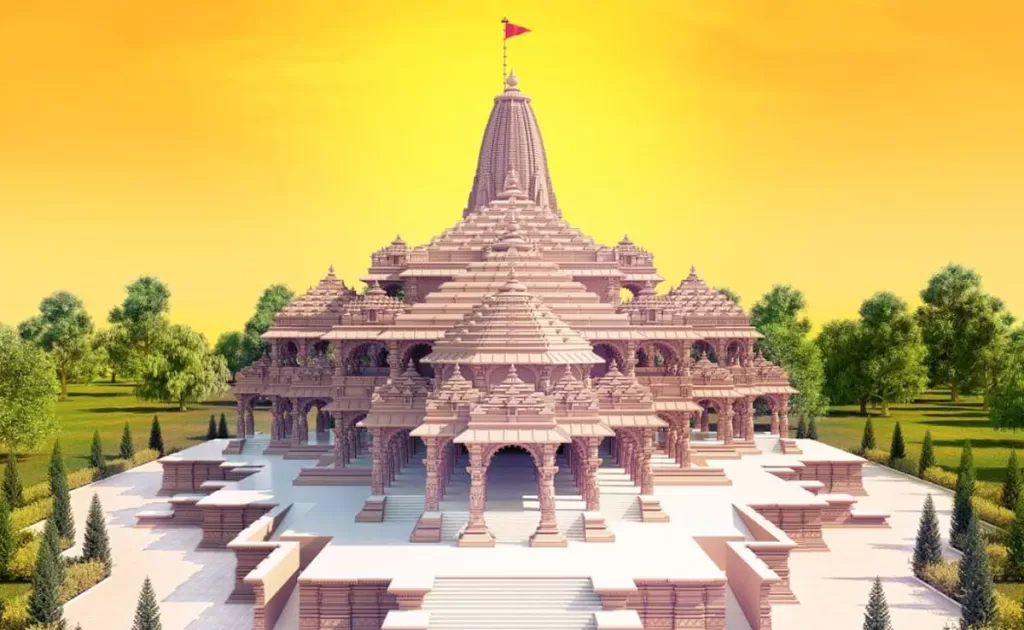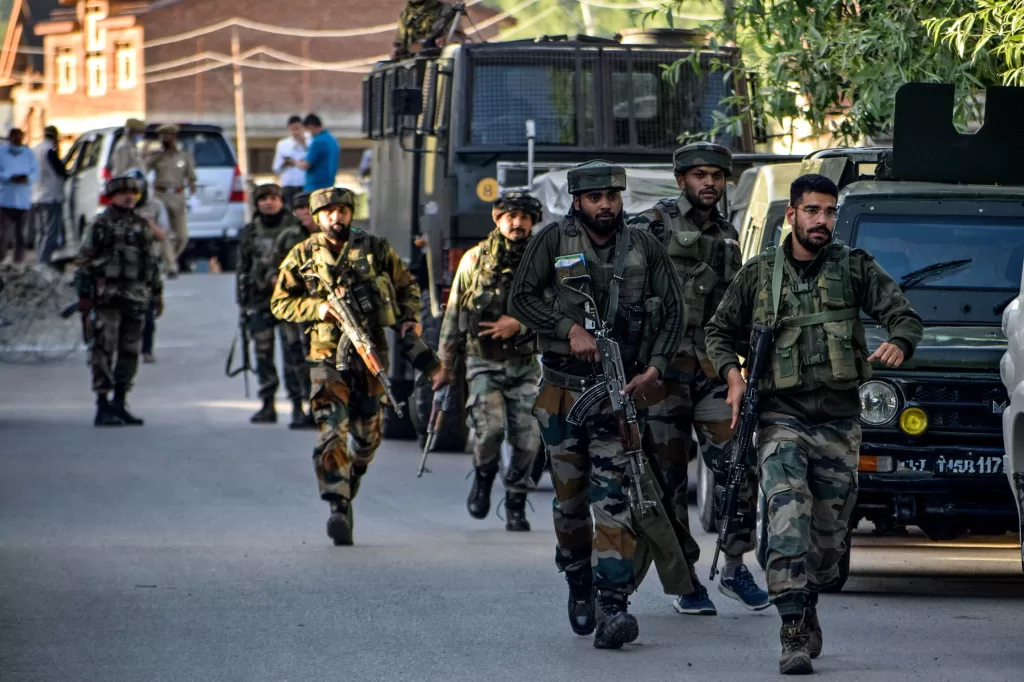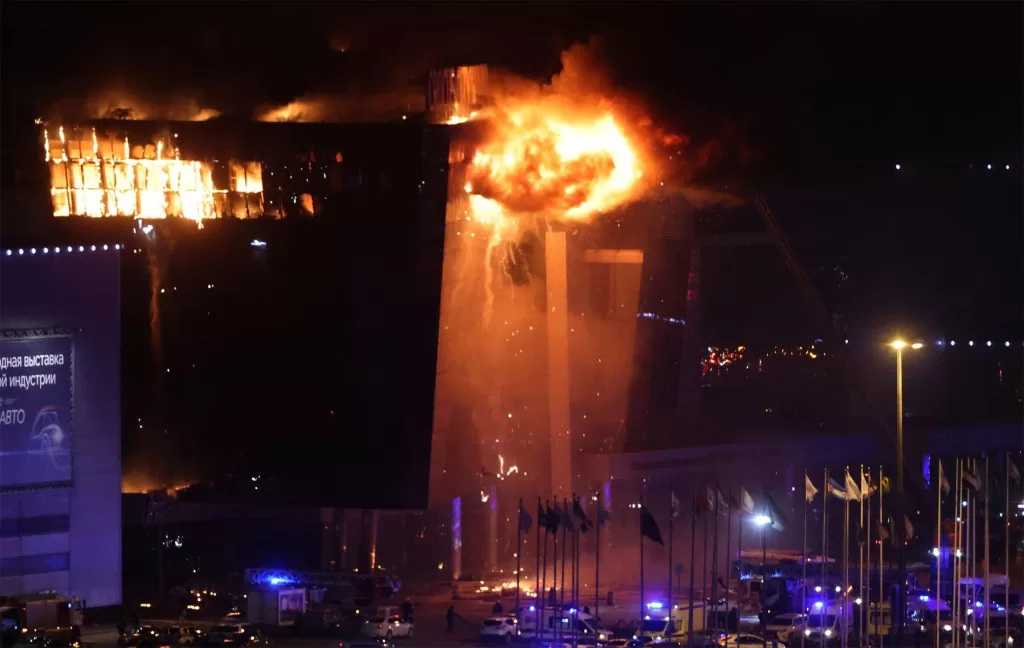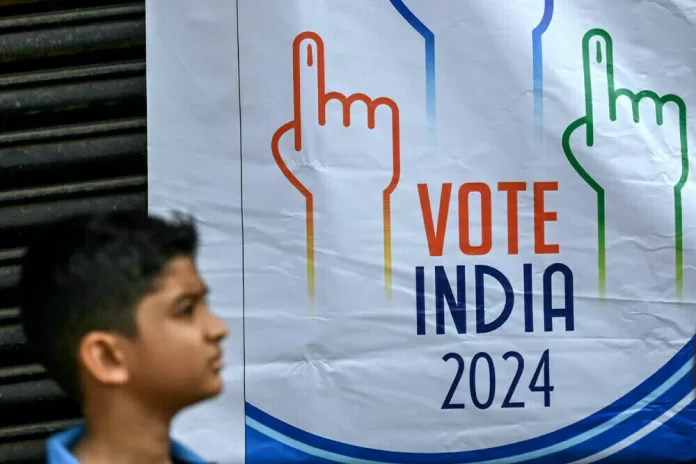Context
Voting began on April 19th in India and the results will be announced in the first week of June. With over 986 million eligible voters, elections in India have been described as the largest democratic exercise in the world. However, despite all the fanfare, the results of the Indian balloting seem all but a foregone conclusion. Prime Minister Modi has perfected the art of turning India into an ethno-majoritarian state over his past two terms in office. Modi continues to subjugate the minorities, while simultaneously working to turn India into a powerful Hindu state.
Modi is now seeking to secure a third term in office using the same playbook which enabled him to secure a landslide victory in 2019, namely by stifling dissenting voices, undermining the political opposition, terrorizing religious minorities, and acting tough against neighboring China and Pakistan. Under Modi, India has rapidly undermined its credentials of being a secular democracy. Just because the country holds elections regularly and its military does not intervene in politics, does not make the Indian polity automatically tolerant.
In recent years, Modi has expedited economic growth, but inequality remains a major problem since the top 10% of the population now owns 77% of the nation’s wealth. Modi deflects economic disgruntlement of the masses by infusing in them a xenophobic sense of Hindu pride, which undermines the rights of all other religious minorities.
The inauguration of the Ram temple on the site of the razed mosque in Ayodhya, and the operationalization of the controversial Citizenship Amendment Act of 2019, have become overt symbols of Modi’s continued desire to repress India’s sizeable Muslim population. The Supreme Court’s decision this past December to endorse Modi’s revocation of Kashmir’s autonomous status has further boosted his image as a decisive leader who will not allow any insurgent movement, especially one spearheaded by Muslims, to threaten India’s territorial integrity.
Nonetheless, despite once being considered an international pariah for his role in the Gujrat communal massacre, Modi now rubs shoulders with the most powerful leaders in the world. Under his leadership, India became the first nation to land a spacecraft on the south pole of the moon. To top it all, Modi is now actively working with the US to help contain Chinese influence across South Asia. With these impressive credentials, most political pundits agree that Modi is likely to make a comeback in the next round of elections.
Pakistan-India Rapprochement
With India most likely remaining under the grip of Modi’s ultranationalism for another five years, and Pakistan struggling with multiple domestic security and economic challenges, as well as a crisis of political legitimacy, it is worth taking stock of how these two largest South Asian countries may respond to each other in coming years. In the emerging geopolitical environment due to the ongoing Gaza crisis, the future of Pakistan-India ties appears more challenging. Learning from Israel, India may also take on more heavy-handed policies and unilateral approaches.
The new leadership in Pakistan has at least demonstrated its intent to attempt rapprochement with India. The foreign minister appointed by the Sharif brothers recently hinted at the possibility of resuming trade with India, even though the Foreign Office then quickly reiterated Pakistan’s stance of not resuming trading with India till its government restores Kasmir’s special status. Despite these mixed signals, trying to improve trade relations with India is plausible. Cross-border tensions have not flared up between the two neighboring rivals since the past three years.
Pressure from Gulf States
The Gulf states, especially Saudi Arabia and the UAE, which have strong ties with both India and Pakistan, also seem keen to help mend ties between these neighboring rivals. The UAE is reported to have helped broker the 2021 ceasefire between India and Pakistan, and it has also been engaging in backchannel diplomacy to help improve ties between India and Pakistan.

The Saudi Crown Prince has also explicitly stressed the need for an India-Pakistan dialogue, during Prime Minister Shabaz Sharif’s visit to Saudi Arabia, in the bid to secure more Saudi financial support and investments. In addition to the desire to broker a dangerous conflict between two close allies, the Saudis want Pakistan to focus on economic growth and regional cooperation, instead of expending further energies on contending with India’s growing military might.
Kashmir and Cross Border Militancy
Indian repression in Kashmir continues to persist, and Pakistan has little chance of pressing India to walk back on its Kashmir policy, even if this mistreatment of Kashmiri Muslims remains a major source of friction.
Moreover, on the heels of Canadian and American accusations of India sanctioning targeted killings of Sikh dissidents on their soil, Pakistan has also accused India of engaging in extraterritorial killings of Kashmiri and other extremist militants based within Pakistan.
The fact that India has moved swiftly to build ties with the Taliban regime in Afghanistan, and its suspected ability to continue aiding Baloch insurgents and TTP terror attacks on Pakistani soil via Afghanistan, also remain issues of major concern for Pakistan. While its recent hostilities with Iran did not escalate, Pakistan does need to focus more on its western border to prevent cross-border militancy to spark another crisis with Iran. Due to the broader insecurity emanating from the Israeli war on Gaza, Iranian sensitivity regarding the activities of Jaysh ul-Adl (formerly Jundallah) have increased tremendously.
On the other hand, regional experts have warned American policy makers to be wary of exacerbating Pakistani insecurities in the bid to bolster Indian military capabilities meant to stand up to China. The US is no longer considered a neutral arbitrator by Pakistan, which increases the risk of another cross-border crisis between India and Pakistan escalating into a catastrophic conflict. The danger of a terror attack in India, which is blamed on Pakistan, could quickly re-escalate tensions between the nuclear armed neighbors.
Economic Dimension
Besides these emergent security challenges on its other borders, which would make it very difficult for Pakistan to simultaneously cope with renewed tensions with India, the Pakistani economy is also experiencing major problems. Improving economic conditions in the country may in fact be the biggest priority for the country’s establishment and politicians, due to which resuming trade with India has become a more palatable option.
Pakistan was importing around $2 billion worth of Indian imports and exported neared $500 million worth of goods back in 2018. The countries suspended trade in 2019 after the suicide attack on Indian soldiers in Pulwama district which led India to revoke Pakistan’s most favored nation status – granted back in 1996. Pakistan then cut trade ties completely after India revoked Kashmir’s special status a few months later.

Thus, formal trade between the two countries came to a grinding halt and all cross-border goods must now be funneled through neutral places like Dubai, which significantly increases costs. Research by entities such as the World Bank suggests that fully opening up trade with India could increase Pakistani exports by as much as 80 percent, which could do wonders for its slugging economy.
India now has a much larger economy, and it is well integrated with other South Asian states, so it also has less need to normalize trade ties with Pakistan. Yet, given that India could significantly increase its exports by trading with Pakistani’s burgeoning market is also a reasonably attractive incentive. Currently, Modi is too preoccupied with the elections, but he may be willing to try improving ties with Pakistan under the Sharifs again, as was attempted during the last Nawaz Sharif premiership, over a decade ago.

Critical Pathways to Improving India and Pakistan Ties
In the prevailing geopolitical environment, India is unlikely to bolster the economy of its archrival minus a wider rapprochement with Pakistan which would include Kashmir. Irrespective of who is to blame, cross border threats from non-state actors to Pakistan, India, Iran, and Afghanistan – pose the single most potent risk to regional and global security – and to the mutual ties of these nations.
The recent spat between Pakistan and Iran involving Jaysh -ul-Adl, attack on a music concert hall in Russia in March linked to ISIS-K, and Tehreek-e-Taliban Pakistan (TTP) affiliated strikes in Pakistan, are prime examples.
In the context of great power rivalry, there seem to be two significant mutually exclusive pathways – with one leading to the improvement in Pakistan-India ties and the other towards deterioration.
1. The continuation of CPEC and Iran Pakistan Gas Pipeline Projects are unlikely to produce improvement in Pakistan-India ties – unless there is US-China detents of some sorts.
2. In the aftermath of the on-going Gaza conflict, the future of Abraham Accords is uncertain. However, if the two-state solution prevails – pressure on Pakistan will likely increase in the future to recognize Israel. With the close trade ties between GCC and India, this will likely improve chances of India-Pakistan détente as well.
However, if there is a direct conflict between Iran and Israel and the Abraham Accords dismantle, the pressure will increase on the GCC and Arab nations to either side with Iran or Israel. This quandary will be the same for Pakistan and India. However, the role of China and Russia would become paramount to preserve the Saudi-Iran détente reached in March this year. This is the context which makes the upcoming visit of the Iranian President Raisi to Pakistan all the more consequential.





